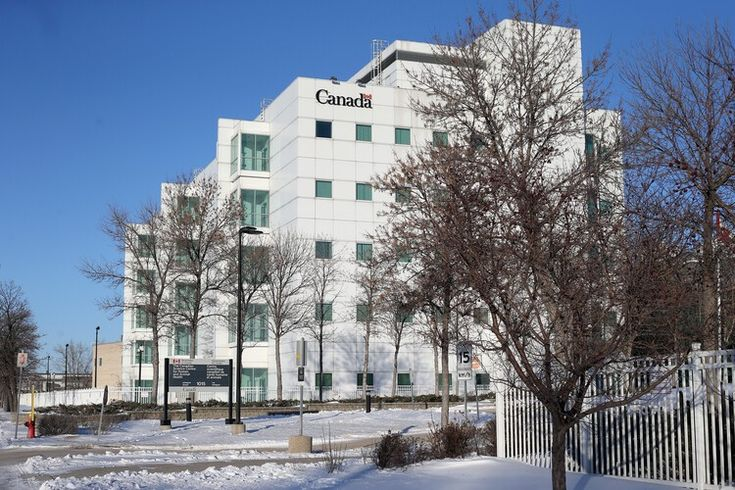What if California, Oregon, and Washington suddenly became part of Canada? It sounds like the premise of a science fiction novel, but it’s an idea that recently sparked conversations on both sides of the border. Elizabeth May, leader of Canada’s Green Party, casually suggested that these three progressive U.S. states could join Canada and benefit from its universal healthcare system. While her comment was more of a thought experiment than a serious proposal, it highlighted a growing frustration among many Americans with issues like healthcare access, gun control, and social policies.
May’s remarks came during a press conference where she pointed out the shared values between these states and Canada, particularly on climate action, gun control, and social programs. She noted that many residents in California, Oregon, and Washington are deeply dissatisfied with U.S. policies, especially when it comes to healthcare. In the U.S., millions struggle with high medical costs, insurance complexities, and medical debt, while Canada’s publicly funded system ensures that all citizens have access to healthcare without financial strain. May’s comments, though not a formal plan, struck a chord with many who see Canada’s system as a model worth emulating.
But could this idea ever become a reality? The short answer is no. Legally, U.S. states cannot simply secede and join another country. The U.S. Constitution does not provide a pathway for such a move, and it would require approval from both the federal government and the states involved. On the Canadian side, there’s no mechanism in place to admit fully operational U.S. states into its federation. Even if there were, the logistical challenges would be enormous. Integrating these states into Canada would require overhauling economic policies, healthcare systems, and trade agreements, not to mention navigating the political opposition that would arise on both sides of the border.
Despite the impracticality, May’s idea resonated because it tapped into a deeper conversation about political discontent and national identity. For many Americans, particularly in progressive states, the idea of aligning with a country like Canada—known for its universal healthcare, stricter gun laws, and climate initiatives—is appealing. These states have often clashed with federal policies, enacting their own progressive measures on issues like environmental protection and healthcare. Movements like “Calexit,” which proposed California’s secession from the U.S., have also gained traction in recent years, reflecting a broader sense of frustration with the federal government.
The heart of the matter lies in healthcare. Canada’s system, funded by taxpayers, ensures that all residents have access to necessary medical care without worrying about costs. In contrast, the U.S. system relies heavily on private insurance, leaving millions uninsured or burdened by medical debt. While Canada’s system isn’t perfect—long wait times for non-emergency procedures are a common complaint—the majority of Canadians support it and view healthcare as a fundamental right. In the U.S., the debate over healthcare reform has been ongoing for decades, with proposals ranging from expanding Medicaid to adopting a single-payer system. Yet, political gridlock and the influence of private insurers have stalled significant progress.
May’s comments, though lighthearted, underscore a serious issue: the growing demand for a more equitable healthcare system in the U.S. While redrawing national borders isn’t a realistic solution, the conversation her idea sparked is worth paying attention to. It reflects a desire among many Americans for policies that prioritize their well-being, from healthcare to gun control to climate action. The challenge for U.S. leaders is to address these concerns and create a system where people don’t feel the need to look abroad for better governance and healthcare. Whether through state-level reforms or federal policy changes, the goal should be to build a society that meets the needs of its citizens—no border shifts required.


